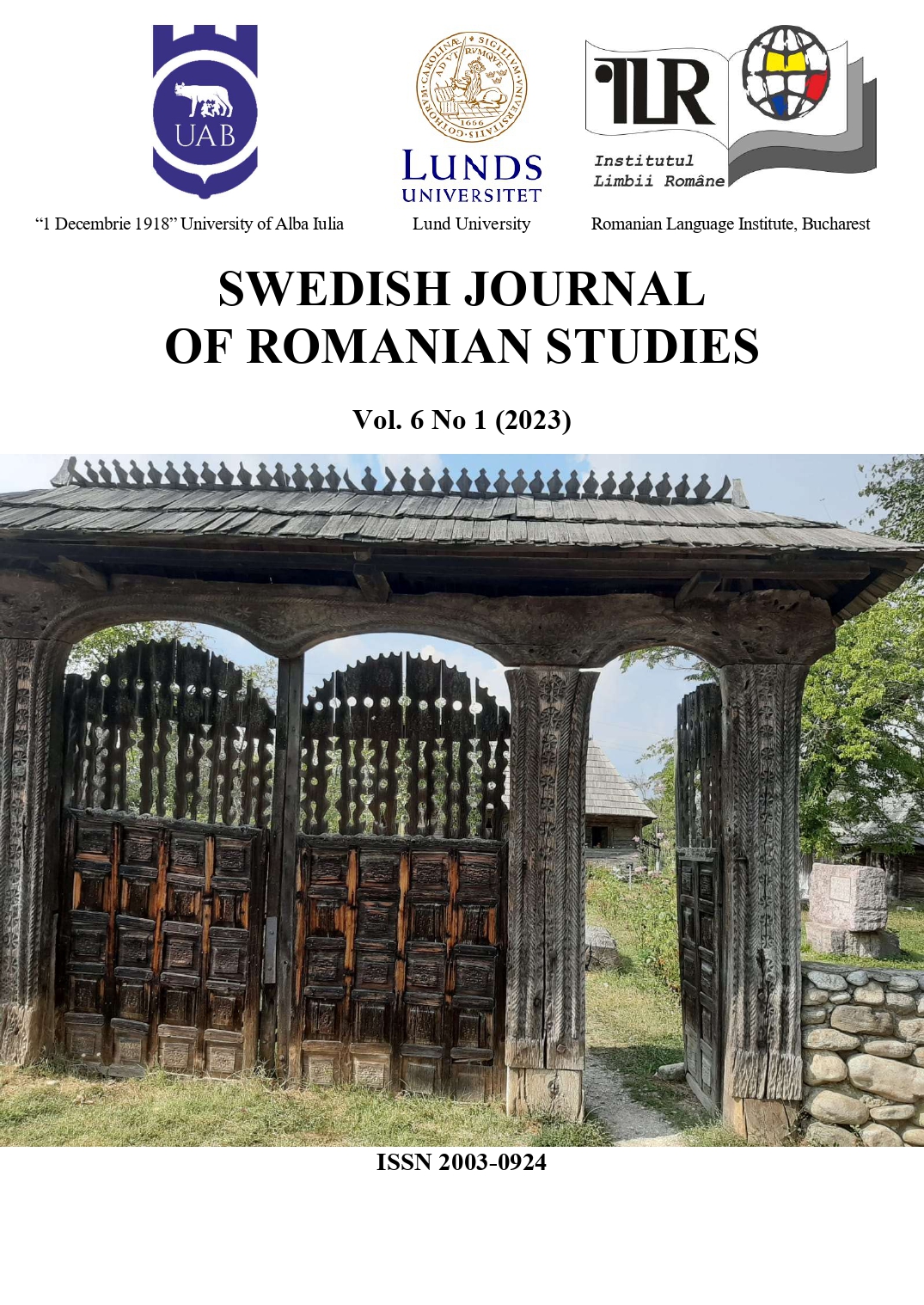Implicarea deconstrucției filosofice în muzica lui John Zorn
The involvement of philosophical deconstruction in the music of John Zorn
Author(s): Livia Georgeta SuciuSubject(s): Music, Semiology, Aesthetics, Social Philosophy, Cultural Anthropology / Ethnology, Culture and social structure
Published by: Språk- och litteraturcentrum, Lunds Universitet
Keywords: philosophical deconstruction; deconstruction in music; deconstructivist architecture; Jacques Derrida; John Zorn;
Summary/Abstract: We started from the challenge launched by the professor and musicologist Marcel Cobussen in his doctoral thesis “Deconstruction in Music” (2002) and we investigated how the philosophical deconstruction promoted by Jacques Derrida is articulated in the context of avant-garde music promoted intensively in recent decades by artist John Zorn. Given that Derrida challenged us to understand that deconstruction applies to not only written texts and discourses, but also to other non-discursive ways of writing such as works of art, cinematography, architecture or music, we tried to explain first what is specific to Derridean deconstruction and philosophical writing and what we mean, in this context, by architectural writing or musical writing. We then followed a concrete example of involvement of deconstruction in architecture in the project of Bernard Tschumi in order to compare and follow more easily the way in which deconstruction is involved in the musical practice of the artist John Zorn. Thus, our challenge was to verify if we can identify, in the compositional and performative musical practice of the artist John Zorn, the same levers of deconstruction that we identified in the analysis of Derridean philosophy and deconstructive architecture. We have therefore identified several ways in which the artist John Zorn deconstructs music in the context of avant-garde music. For example, by transgressing all the boundaries between musical styles and currents, he created a lot of new and surprising musical fusion experiments: very diverse musical styles were hybridized, jazz music, classical music or traditional klezmer music, merged with the extremes of rock, heavy metal, hardcore, noise, atonal music, film music or improvisational experiments. All these musical fusion experiments challenged the artistic community and our way of perceiving music. John Zorn uses practices specific to Derridean deconstruction: he decontextualizes and recontextualizes musical styles and currents, musical pieces and fragments; he resorts to the practice of grafting, hybridization and fusion, building a heterogeneous, fragmented, discontinuous, mobile musical spatiality; he invented a personalized way of composition based on the practice of combinatorial transformations, of combining blocks of sounds that can be disassembled, multiplied, repeated, reconstructed and reassembled into unique musical compositions (they can be deconstructed and reconstructed in the style of Derridean deconstruction, or they can be deterritorialized and reterritorialized like the rhizomatic system of Deleuze and Guattari); he dissolved the classic distinction and hierarchy between composition / improvisation / interpretation by challenging the artists to become co-composers and discover their improvisational potential in a live process of collective musical creation; he transgressed the boundary between music and everything outside of music, between music and noise, given that noise was integrated as another form of sound. We draw the obvious conclusion: just like the philosopher Jacques Derrida, the musician John Zorn transgresses the boundaries of the musical field, the boundaries between musical styles and currents and looks for what escapes our usual frames of composition or reception of music. John Zorn looks for what is completely different in music, looks for the other beyond all musical styles, in the same way that Derrida looks for the other who escapes to philosophical discourses and languages.
Journal: Swedish Journal of Romanian Studies
- Issue Year: 6/2023
- Issue No: 1
- Page Range: 14-42
- Page Count: 29
- Language: Romanian

